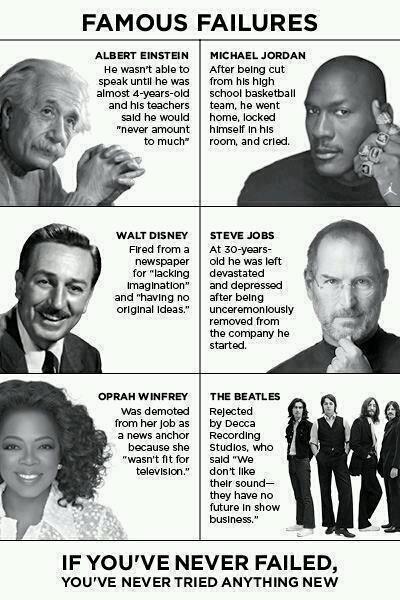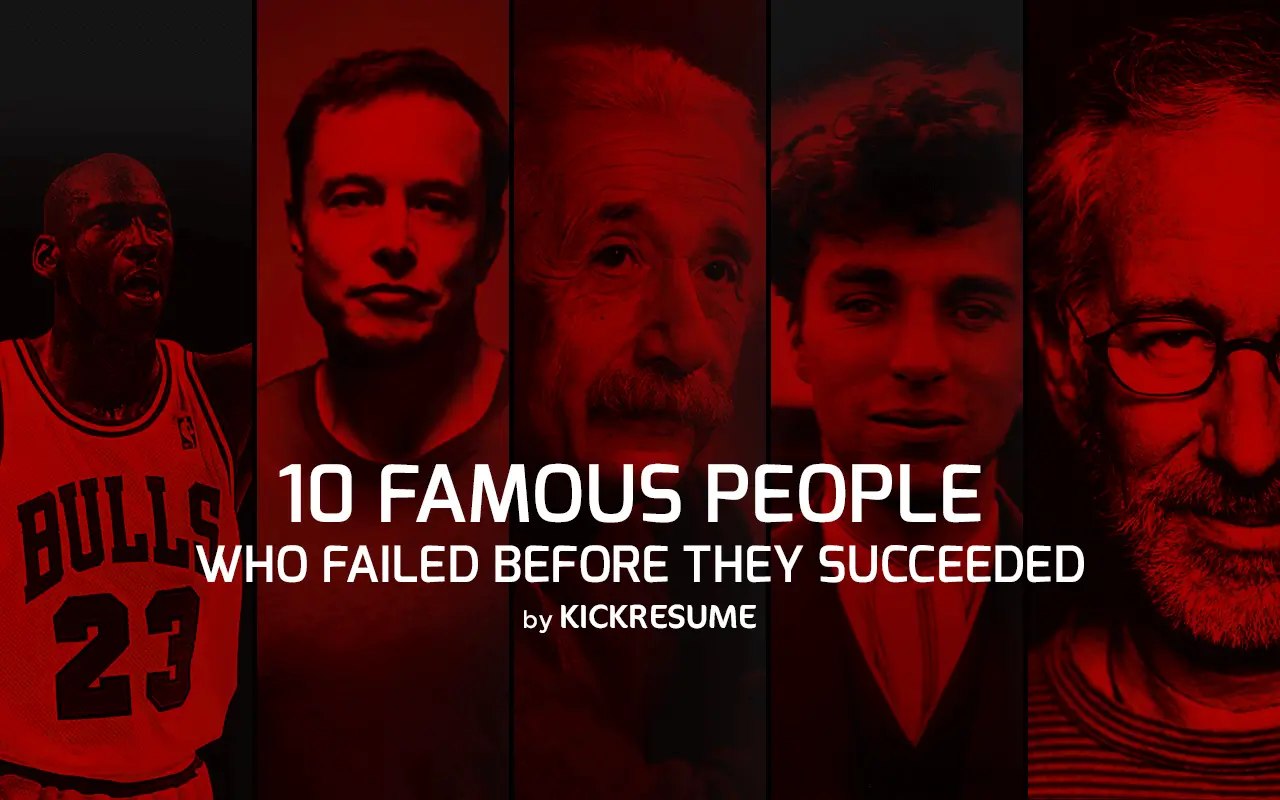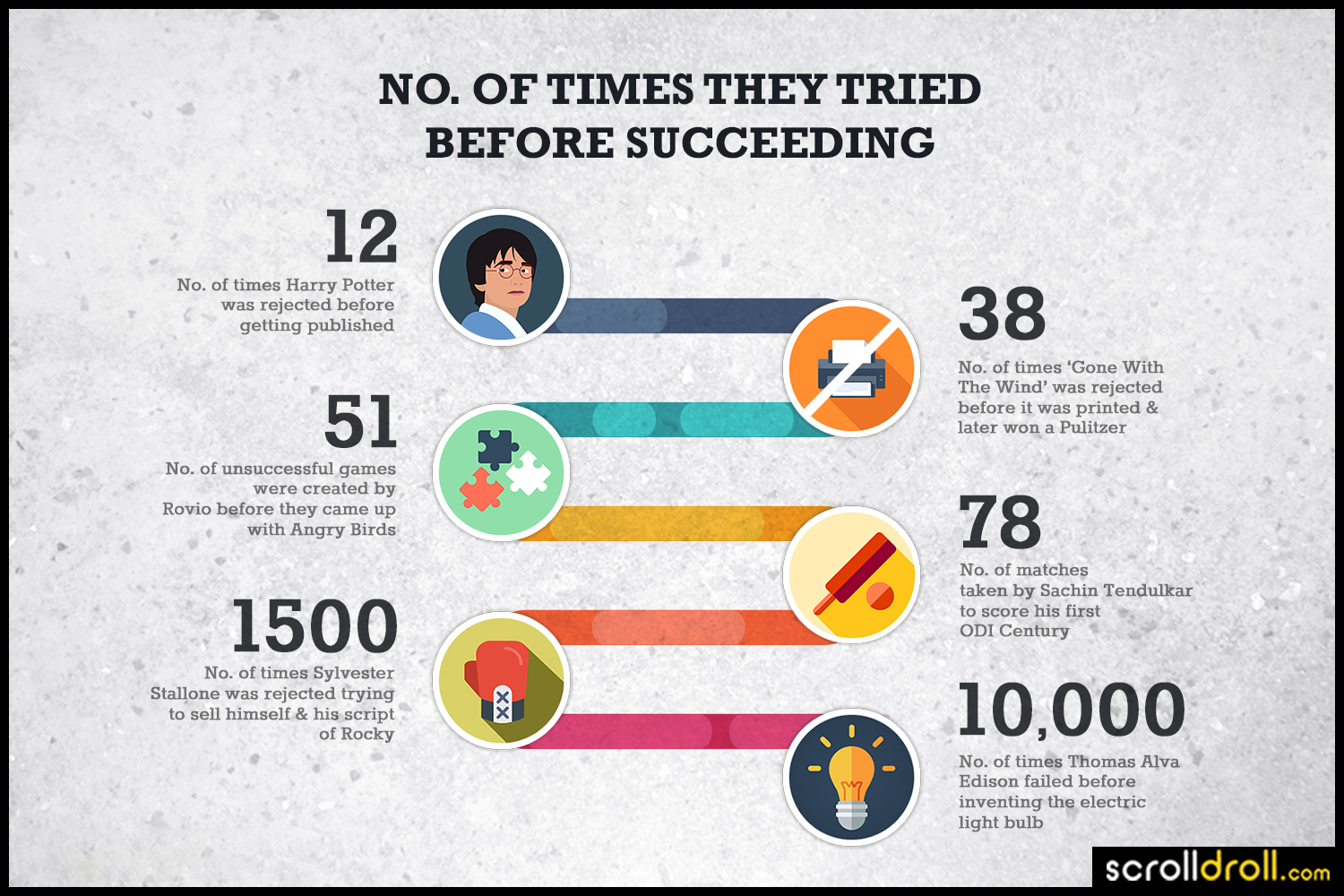People Who Failed Before They Succeeded

The air crackled with anticipation as the young inventor nervously adjusted his goggles. Smoke billowed from his latest contraption, a fantastical flying machine built from scraps and dreams. This wasn't the first time it had sputtered and failed, but this time felt different, heavier with the weight of expectation and the sting of past disappointments. For every whirring gear and hopeful spark, there were countless hours of tinkering, setbacks that threatened to extinguish the fire in his eyes.
However, his is a story familiar to many: failure is not the opposite of success but often a stepping stone towards it. From literary giants rejected countless times to entrepreneurs whose ventures initially crumbled, history is replete with individuals who stumbled, learned, and ultimately soared.
The Crucible of Rejection
Consider J.K. Rowling, whose manuscript for the first Harry Potter book was famously rejected by twelve publishers before Bloomsbury finally took a chance. Her experience is hardly unique.
According to a report by Author Earnings, many successful authors face initial rejection. "It's almost a rite of passage," the report noted, highlighting that persistence is often as crucial as talent.
A Literary Lazarus
Rowling's story resonates because it demonstrates the power of perseverance in the face of overwhelming odds. Imagine a single mother, scraping by on welfare, yet holding onto the unwavering belief in her story despite repeated discouragement. It’s a testament to her resilience and a powerful reminder that rejection doesn’t define worth.
From Bankruptcy to Billions
The business world offers equally compelling examples. Henry Ford, the visionary behind the Ford Motor Company, faced numerous failures before revolutionizing the automobile industry. His initial ventures went bankrupt, leaving him deeply in debt and facing widespread skepticism.
The Ford Motor Company website details these early struggles, emphasizing that Ford viewed each setback as a learning opportunity. He meticulously analyzed his mistakes, refined his designs, and eventually developed the assembly line, a breakthrough that transformed manufacturing forever.
Learning from Setbacks
Similarly, Steve Jobs was famously ousted from Apple, the very company he co-founded. This painful experience, however, proved to be a catalyst for innovation. He went on to found NeXT and Pixar, both incredibly successful ventures that ultimately paved the way for his triumphant return to Apple.
In his commencement address at Stanford University, Jobs reflected on this period, stating, “Sometimes life hits you in the head with a brick. Don’t lose faith.” This sentiment encapsulates the essence of resilience: the ability to bounce back from adversity, stronger and wiser than before.
The Enduring Lesson
These stories, and countless others like them, share a common thread: the refusal to be defined by failure. They underscore the importance of grit, determination, and a growth mindset – the belief that abilities can be developed through dedication and hard work.
As Carol Dweck, a leading researcher in the field of motivation, explains in her book Mindset: The New Psychology of Success, embracing challenges and viewing failures as opportunities for learning is crucial for achieving long-term success. It's not about avoiding mistakes; it's about learning from them and using them as fuel for future endeavors.
So, the next time you encounter a setback, remember the stories of those who stumbled before you. Let their resilience inspire you to dust yourself off, learn from your mistakes, and keep moving forward. The path to success is rarely linear, and often the most significant breakthroughs come after the most profound failures.
















